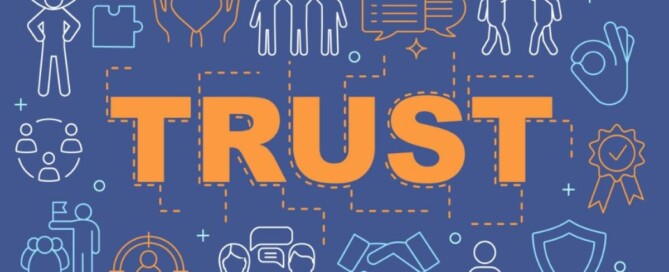U.S. Government Bans Woman Money Mule From Helping Scammers Anymore – 2024
U.S. Government Bans Woman Money Mule From Helping Scammers Anymore
In a First of Its Kind Decision, the U.S. Court Orders Money Mule to Stop Helping Scammers! This was Required Because She Would Not Stop!
Primary Category: Scam Victim’s Story
Authors:
• SCARS Editorial Team – Society of Citizens Against Relationship Scams Inc.
• United States Attorney’s Office, Department of Justice
About This Article
In a landmark decision, the U.S. Federal Government has barred Holly Freidamarie Locke, a 70-year-old Michigan woman, from participating in any further online romance scams. Locke, initially a victim herself, was deceived into acting as a “money mule,” transmitting funds for scammers. Despite police warnings and a signed cease and desist order, she continued facilitating scams.
U.S. District Judge Paul D. Borman approved a consent decree preventing Locke from aiding scammers. This decision, the first of its kind in Michigan, is part of a broader DOJ effort to combat international fraud rings exploiting U.S. citizens.
Locke’s case highlights the manipulation tactics used by scammers and the crucial role of money mules in these schemes. By cutting off this flow of money, the decree aims to protect potential victims and disrupt the operations of fraud networks. Locke did not admit liability in the decree.



























![Being A Victim - Labeling Theory & What It Means For Victims Of Scams Or Anyone! - 2023 [UPDATED] - on SCARS ScamsNOW.com](https://scamsnow.com/wp-content/uploads/2024/05/Being-a-Victim-669x272.png)














